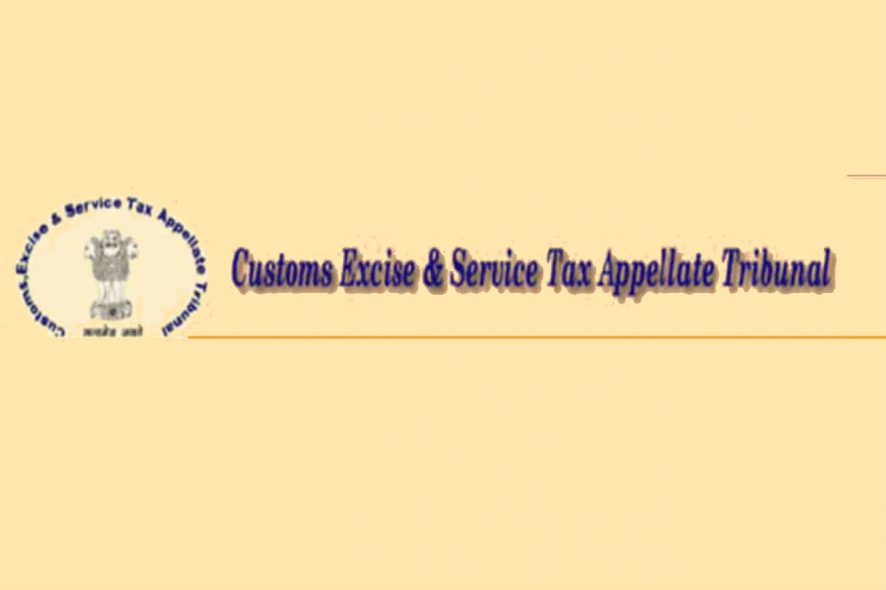Customs, Excise and Services Tax Appellate Tribunal (CESTAT): P. Dinesha (Judicial Member) allowed an appeal which was filed with the point of consideration of eligibility of the appellant for refund of 4% of Special Additional Duty (SAD). The appellant made the above claim for refund and after due adjudication, the Assistant Commissioner rejected 4% SAD being time barred in terms of the above Notification. The Commissioner of Customs (Appeals), Cochin upheld the rejection against which, the present appeal had been filed before this forum.
Counsel for the appellant contended that neither the statute nor the original notification prescribed any limitation for claiming the refund of SAD and hence, imposition of time restriction by an Amending notification is clearly bad in law.
The Tribunal after hearing the contentions was of the view that appellant was correct in claiming refund of 4% SAD which was in terms with the settled position.
The Tribunal explained that the doctrine of precedence only mandates that it is the ratio in the decision of higher courts to be followed, and not conclusions. The Tribunal was of the view that it will be wholly inappropriate to choose views of one of the High Courts based on perceptions about reasonableness of the respective viewpoints, as such an exercise will de facto amount to sitting in judgment over the views of the Hon’ble High Courts- something diametrically opposed to the very basic principles of hierarchical judicial system. When there is a reasonable interpretation of a legal and factual situation, which is favourable to the assessee, such an interpretation is to be adopted.
The Tribunal further held that High Court’s judgment in favour of the assessee, in the light of this legal principle laid down by Supreme Court, is to be preferred over the Hon’ble non-jurisdictional High Court not favourable to the assessee finding guidance from the case of CIT v. Vegetable Products Ltd. [1973] 88 ITR 192.
The appeal was allowed holding the denial of refund is bad in law.[John’s Cashew Co. v. Commr. Of Customs, 2021 SCC OnLine CESTAT 2598, decided on 18-10-2021]
Suchita Shukla, Editorial Assistant has reported this brief.






